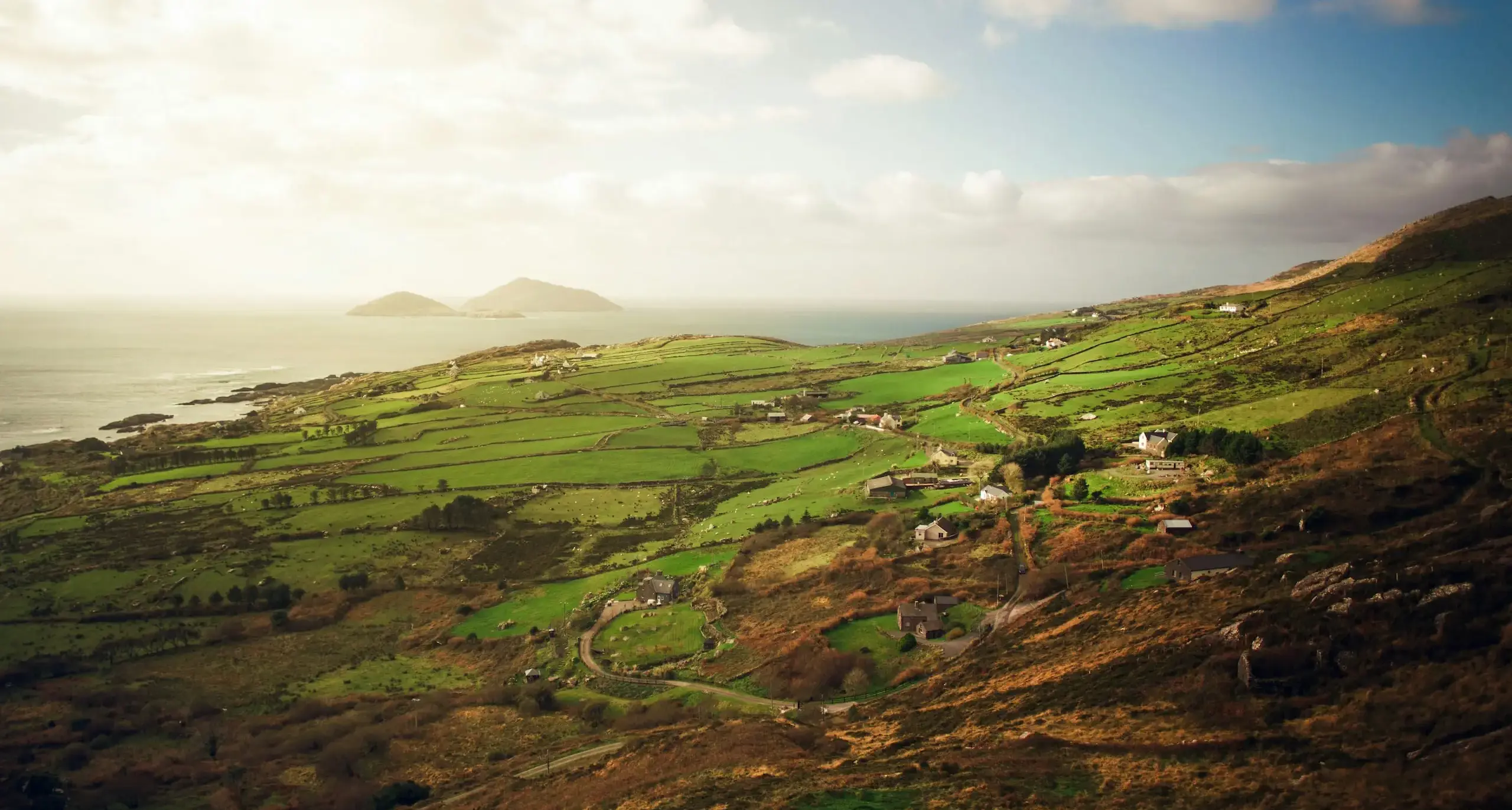As you know reader, all my stories are true it is just that some of them never happened. This one has both virtues, well nearly. I shared it with the pupils and parents of one of our local Prep schools recently and thought it worth sharing with you today. The scene is a small village on the west coast of ancient Britain.
A raiding party of Celts hove into view and carry off pretty much whatever they could manage to carry. I don’t think they were a discerning lot, but one young boy found himself captive and enslaved. He was put to work on the side of a mountain minding sheep and while animal husbandry is a noble occupation, he objected to it. Fair enough, he did not choose it, it wasn’t on the careers list of things he wanted to do and as a junior member of a Roman middle class, it wasn’t something he knew much about.
His resentment led him to hope in the divine for a release which did come one fateful day when he was able to escape, some six years after he had been captured.
Returning home, he was visited by a succession of dreams or visions where his captors were calling on him to return. After training for the priesthood, he reluctantly or maybe not so reluctantly chose to answer the call. Patrick would change the nature of the people of the island of Ireland forever and become the defining identity of a people who had imprisoned him because he was different; he was weaker and because they could get away with it.
We know some of this through his writings and the work of others about him. Stories never lose in the retelling, and it is highly unlikely that he banished all the snakes from the country; truth to tell there are a few hanging around to this day – but I digress. As a Christian he communicated the trinitarian nature of the divine through the shamrock. Three persons in one God illustrated by three leaves on one plant. You will find the image at almost every touch point of Irishness. I offered an alternative trinitarian unity of virtues to my Prep friends.
Patrick’s response to Ireland’s call illustrates the impact of kindness. Instead of hardening his heart and looking the other way, he sought to help a people he thought to be living inauthentically. He immersed his theology in their culture and transformed their outlook.
The second aspect of his response to Ireland’s call is illustrated in the power of forgiveness. He certainly was the victim of manifest injustice, but he sought to bring a rapprochement by extending the hand of forgiveness, the better to build a new and more inspiring future. The last attribute lies in the rewards of accepting challenge. The hard road and difficult choice is not to be ignored because it is hard and difficult. Some things and sometimes life just is hard and things are tough. It doesn’t mean they shouldn’t be taken on.
One individual transformed a culture and country not once but forever. It is endlessly amazing how significant an individual can be, not just Patrick and the nature of what he did with and for the Irish but through history and across countries and cultures. The disposition to be kind, the willingness to forgive when reason doesn’t overtly support it and the courage to accept a challenge you might avoid are all transformative. As a nation we are much as we are because Patrick accepted Ireland’s call, he lost himself in a project that was bigger than himself. I hope you enjoy St Patrick’s Day and amid all the celebrating and frivolity, something of his response to the call echoes for each one of you.




